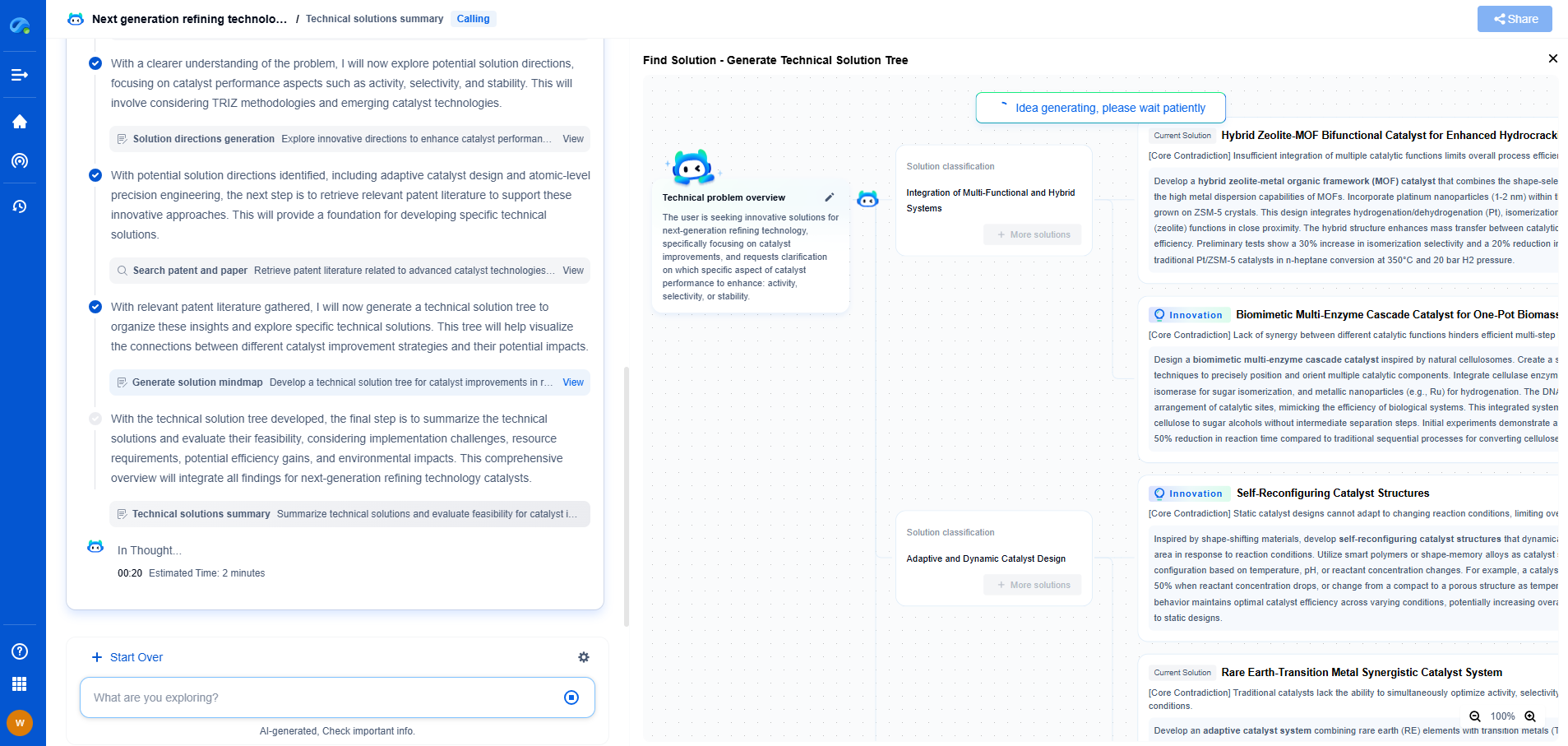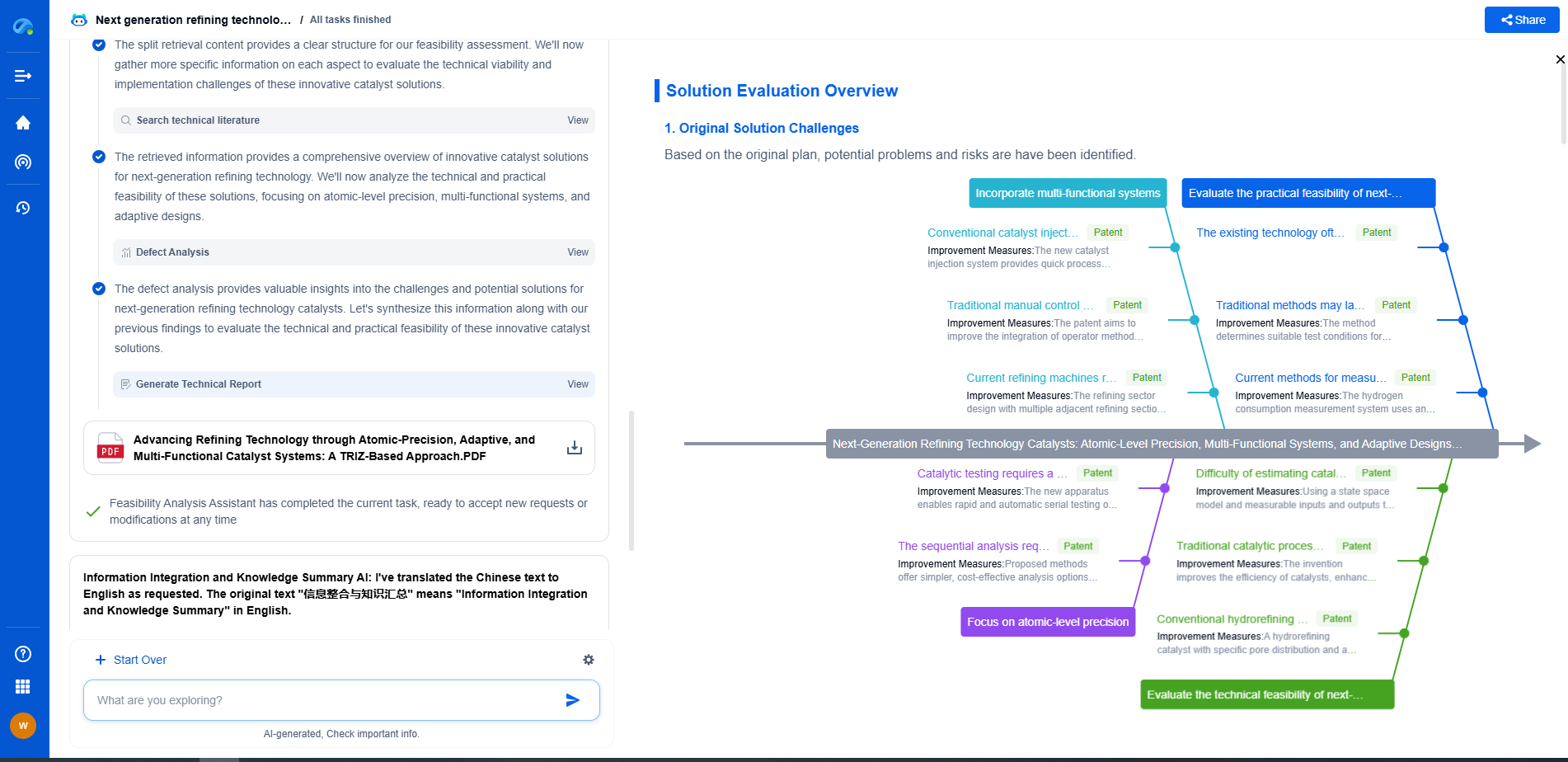SSD vs HDD: Which storage option is better for your system?
JUL 4, 2025 |
Understanding the Basics
Before diving into which is better, it's essential to understand how SSDs and HDDs function. HDDs are traditional storage devices that use spinning disks, or platters, coated with magnetic material. Data is read and written by a read/write head that moves across the platters. This mechanical process is what makes HDDs relatively slower compared to SSDs.
On the other hand, SSDs are a newer technology that use flash memory to store data. This means they have no moving parts, allowing them to access data much more quickly than HDDs. Flash memory is the same technology used in USB drives and SD cards, making SSDs faster and more reliable in many cases.
Performance
One of the most significant differences between SSDs and HDDs is performance. SSDs are known for their speed. They boot up systems much faster, reduce load times for applications, and can transfer large files in mere seconds. This is because SSDs can directly access data since they don’t have to wait for a spinning disk to reach the correct position. For gamers, video editors, or anyone who frequently works with large files, the speed of an SSD can be a game-changer.
HDDs, while slower, aren't necessarily a bad option. For tasks that don’t require rapid data access or for storing large amounts of data that aren’t frequently accessed, HDDs can be perfectly adequate. They are great for archiving documents, photos, music, and videos.
Durability and Reliability
Due to their lack of moving parts, SSDs tend to be more durable and reliable than HDDs. They are less prone to physical damage from drops or bumps, making them an excellent choice for laptops and portable devices. Moreover, SSDs tend to have a longer lifespan as they aren’t subject to the wear and tear of mechanical components.
HDDs are more vulnerable to physical damage, and over time, their moving parts can wear out. However, they have been around for decades, and many people still find them reliable for stationary setups like desktop computers.
Storage Capacity and Cost
When it comes to storage capacity, HDDs still lead the way. They offer more storage space at a lower price, making them a cost-effective solution for users who need to store a lot of data. If you are looking for terabytes of storage without breaking the bank, HDDs are the way to go.
In contrast, SSDs have become more affordable over the years, but they still cost more per gigabyte than HDDs. However, the price difference is closing, and investing in an SSD can be worth it for the performance boost. If budget allows, many users opt for a smaller SSD for the operating system and frequently used applications, and a larger HDD for mass storage.
Energy Consumption
Another factor to consider is energy consumption. SSDs consume less power than HDDs because they do not have to power moving parts. This can translate into longer battery life for laptops and lower electricity bills for desktops that run continuously.
Conclusion: SSD or HDD?
Deciding between an SSD and an HDD boils down to evaluating what you need from your storage. If speed, reliability, and longevity are your top priorities, and you don’t mind spending a little extra, an SSD is the best choice. Alternatively, if you require large storage capacity at a lower cost and can compromise on speed, an HDD still has much to offer.
For many, a hybrid approach—using an SSD for the operating system and applications and an HDD for additional storage—can provide the best of both worlds. Ultimately, understanding your specific requirements and weighing the advantages and disadvantages of each will guide you to the storage solution that best suits your system.
Accelerate Breakthroughs in Computing Systems with Patsnap Eureka
From evolving chip architectures to next-gen memory hierarchies, today’s computing innovation demands faster decisions, deeper insights, and agile R&D workflows. Whether you’re designing low-power edge devices, optimizing I/O throughput, or evaluating new compute models like quantum or neuromorphic systems, staying ahead of the curve requires more than technical know-how—it requires intelligent tools.
Patsnap Eureka, our intelligent AI assistant built for R&D professionals in high-tech sectors, empowers you with real-time expert-level analysis, technology roadmap exploration, and strategic mapping of core patents—all within a seamless, user-friendly interface.
Whether you’re innovating around secure boot flows, edge AI deployment, or heterogeneous compute frameworks, Eureka helps your team ideate faster, validate smarter, and protect innovation sooner.
🚀 Explore how Eureka can boost your computing systems R&D. Request a personalized demo today and see how AI is redefining how innovation happens in advanced computing.
- R&D
- Intellectual Property
- Life Sciences
- Materials
- Tech Scout
- Unparalleled Data Quality
- Higher Quality Content
- 60% Fewer Hallucinations
Browse by: Latest US Patents, China's latest patents, Technical Efficacy Thesaurus, Application Domain, Technology Topic, Popular Technical Reports.
© 2025 PatSnap. All rights reserved.Legal|Privacy policy|Modern Slavery Act Transparency Statement|Sitemap|About US| Contact US: help@patsnap.com

